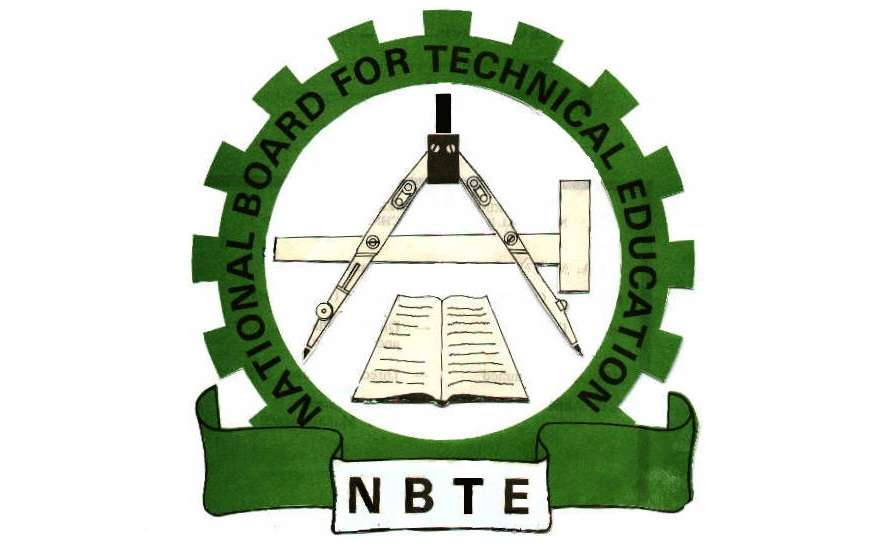The acting Executive Secretary of the National Board for Technical Education (NBTE), Ekpenyong E. Ekpenyong, said having a well-crafted strategic plan will help the board address challenges bedevilling it, especially on issues of deviation from their mandate.
He stated this at the national workshop on Developing a Proper Institutional Strategic Plan, yesterday in Abuja, adding that they were challenged by some institutions under their purview that were deviating from their major functions.
- World AIDS Day: ‘People Rather Sit With COVID-19 Patients Than An HIV Positive Person’
- Terrorism May Persist For Another 20 Years In Nigeria – Buratai
“Some of the polytechnics want to leave their major functions and adopt those of the university system and other things but by the time you have the strategic plan in place, you will come under a redefined way to follow and to achieve your mandate,” he explained.
While noting that the creation of councils in polytechnics also caused another challenge, he said, “Some institutions have gone to offer NCE and programmes in law which are not under our purview. This is because they deviated from the mandate knowingly or unknowingly.”
He said another aspect of NBTE which has been violated is the issue of funding. The “NBTE Act says all funds to the TVET sections should pass through NBTE but today that is not the norm; they get their money directly from the source or federal government.”
On sanctions, he said they have some time closed down the Polytechnic of Ibadan for splitting one school into three and creating satellite campuses; IMT Enugu for over carrying capacities and some private institutions that had not properly gone through their certification. He said they were handed over to ICPC, EFCC and the police for various charges.
He, however, noted that crafting proper strategic plans would lead all the institutions into churning out graduates of remarkable abilities, employable, and who can also be self-reliant.
Also speaking, the Minister of Education, Malam Adamu Adamu, said Technical, Vocational Education and Training (TVET) faces multiple challenges in Nigeria which are compounded by low public perception of the sub-sector.
Represented by a director in the ministry, Iliyasu Rekiya, he said TVET institutions are responsible for implementing programmes that equip students with the relevant skills and competencies to meet the needs of the labour market.
He said Nigeria has a total number of 171 Technical Colleges, 108 Polytechnics, 61 Mono-Technics, 98 Vocational Enterprise Institutions (VEls) and 150 Innovation Enterprise Institutions (IEI), all equipping learners with technical and vocational skills through formal and non-formal channels.
Adamu noted that strict compliance with the carrying capacity in higher institutions has brought to the fore the challenge of lack of adequate access to technical tertiary education in the country.
He maintained that enrolment into technical and vocational education courses has remained low because of low public perception of the sub-sector as a veritable education pathway to success.
“Meanwhile, many remain either unemployed or underemployed, having completed basic education with little or no skills to contribute to the economic development of the country,” he added.

 Join Daily Trust WhatsApp Community For Quick Access To News and Happenings Around You.
Join Daily Trust WhatsApp Community For Quick Access To News and Happenings Around You.

